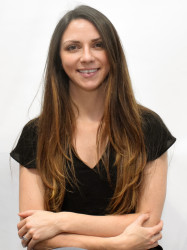BibTex format
@article{Weil:2018:10.1016/j.nedt.2018.08.022,
author = {Weil, A and Weldon, SM and Kronfli, M and Watkins, B and Kneebone, R and Bello, F and Cox, S},
doi = {10.1016/j.nedt.2018.08.022},
journal = {Nurse Education Today},
pages = {26--33},
title = {A new approach to multi-professional end of life care training using a sequential simulation (SqS Simulation™) design: a mixed methods study},
url = {http://dx.doi.org/10.1016/j.nedt.2018.08.022},
volume = {71},
year = {2018}
}

